Journalists face physical threats by the government, elites and armed organizations who fear the power of words and images that journalists convey. As a result, journalist’s room to report is drastically limited. The main international legal regime governing the protection of journalists in wartime is the same that governs the law of armed conflict in general: the International Humanitarian Law (‘IHL’). However, discussions on whether this dangerous profession should be afforded special protection are emerging, considering how increasingly dangerous reporting on armed conflict is.
First, due to the developing and technology used in war, reporters are further exposed to physical dangers.
Second, because the public always wants to be provided with first-hand and close-up news stories, this type of reporting is highly profitable, incentivising professionals to take greater risks to broadcast exclusive news.
Moreover, in war zones, journalists bear witness to the suffering of the victims, engendering a process of traumatization that leads to a destabilised nervous system and eventually to mental disorders. The psychological aspect of media in conflicts is too often forgotten. Thus, to bring support to journalists in conflicts, security matters are discussed in this resource guide, such as how can media makers react and prevent being exposed to hostility, and how can journalists who suffer because of images and experiences best be supported?
More information on Emergency support
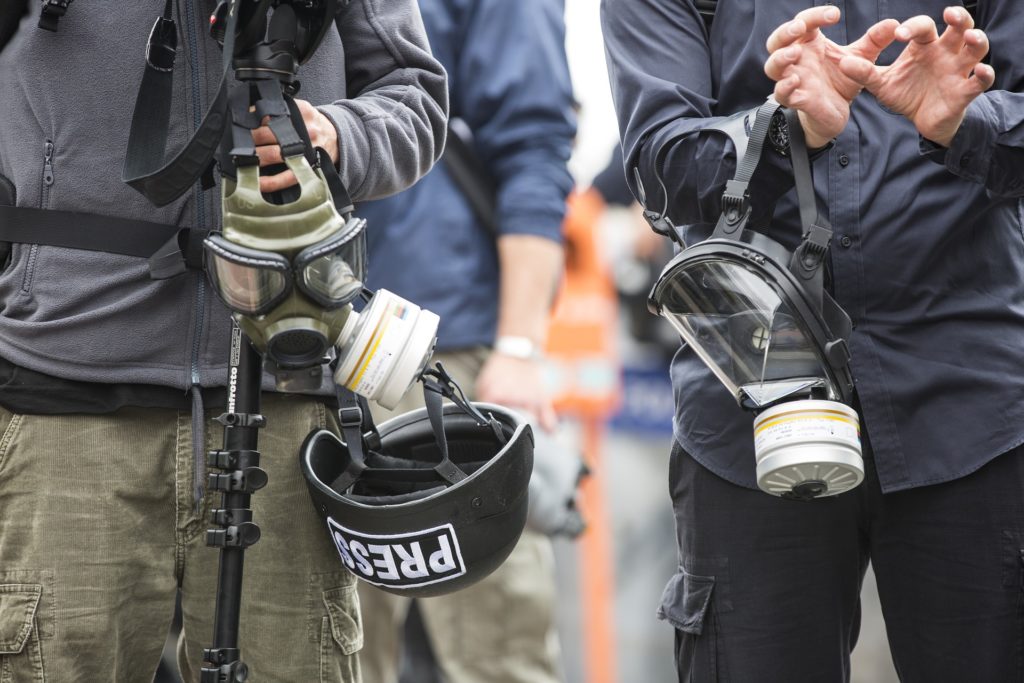
Military forces cannot always protect journalists’ safety on the ground, and media professionals may be let alone in extremely difficult situations. This section recommends guidelines and skills to report in conflict zones.
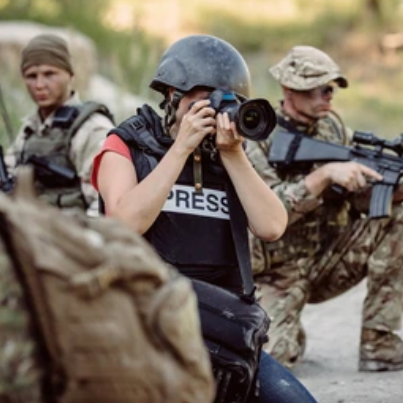
The consequence of covering conflict ultimately has traumatic effects that can last a lifetime. That’s why asking for help – during and after a difficult assignment – is essential. This section explores the socio-psychological effects of reporting in conflict zones and how to deal with them.
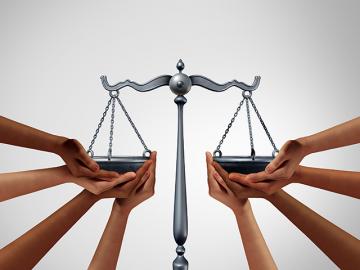
This section offers different international, and regional mechanisms through which journalists can assert their rights.
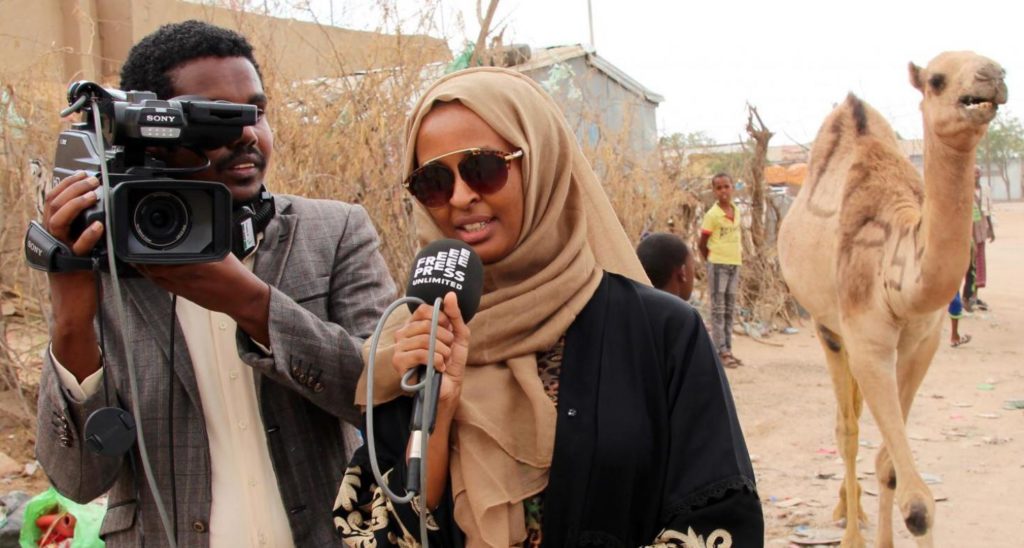
Security considerations for female journalists
For female journalists, extra precautions are sadly recommended when reporting on conflict zone.
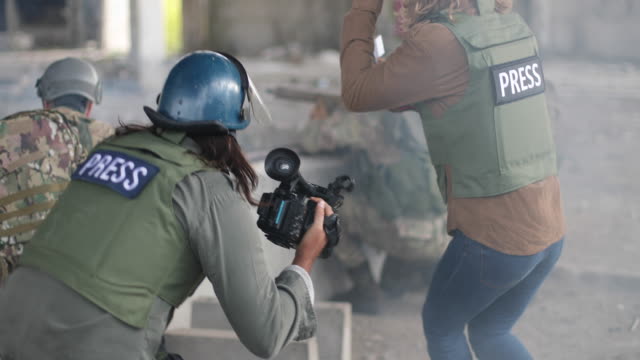
Increase training and awareness
Educating and training journalists in conflict areas can help professionals to be better prepared for conflict.
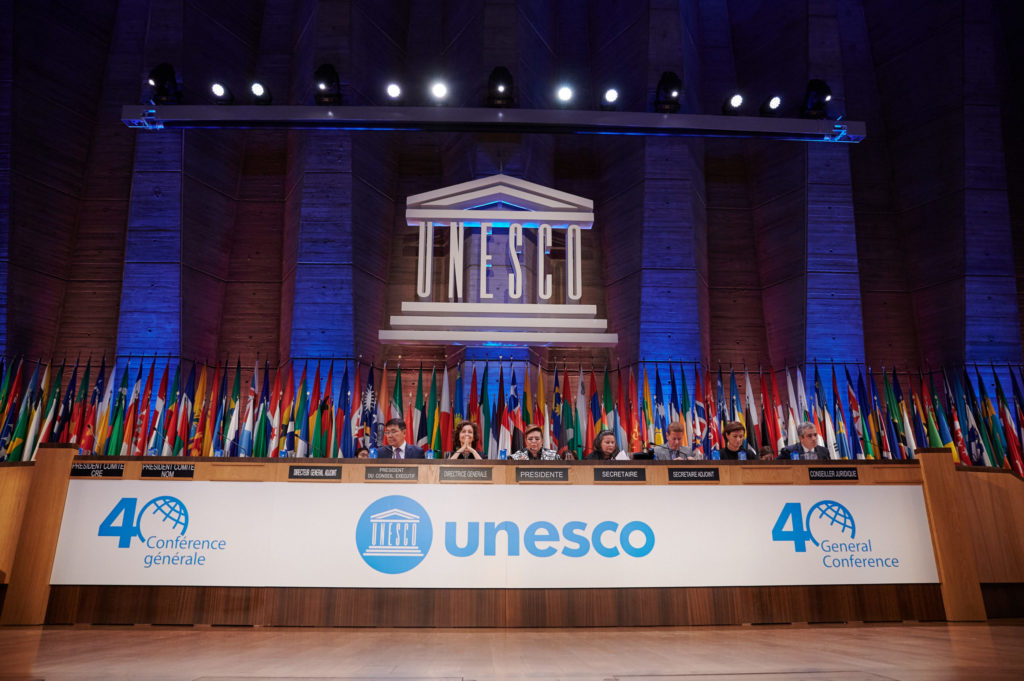
To support media professionals in conflict zones, the international community offers different help – funding and material. FPU has many projects to help journalists in distress and train them before embarking on a dangerous mission.
